Guiding Global Talent with Vision and Class
Secure Your Green Card with Strategic Precision — Premium EB‑1A Support for Founders & Executives
For visionary founders, CEOs, CTOs, and C‑level executives on E‑2, L‑1, or O‑1 visas — our Business Leaders Shine™ framework refines your narrative, amplifies your brand, and positions your petition for success. Achieve permanent residency with premium quality, confidence, and strategic clarity.
“Vision without action is merely a dream. Vision with action can change the world.” — Joel A. Barker

17+ years in business, strategy & marketing
BA, MBA, pursuing DBA
Recognized EB‑1A achiever & AI Business Strategist
meet your Expert Guide
Hi, I'm Maria Boukhval
I know what it’s like to begin with a vision—and no safety net. Now, as a recognized EB‑1A achiever and AI-driven business strategist, I’m here to help you rise.
I arrived in the U.S. with no network, no shortcuts—only unwavering focus and a passion for legacy-driven impact. After earning my EB‑1A for business innovation, I founded AiVass LLC to empower global leaders like you to secure permanent residency—on your terms.
With over 17 years in business strategy, marketing, and digital transformation—and degrees that include a BA, MBA, and ongoing DBA—I blend strategic petition design with AI-enhanced storytelling to craft compelling, high-performance EB‑1A narratives.
You’re not just building a business—you’re crafting a legacy. At AiVass, I ensure your petition reflects the impact, clarity, and precision you deserve.
AiVass Academy™ – The Business Leaders Shine Framework™
Transform Your Achievements into a Premium EB‑1A Success in 5 Strategic Stages
A white‑glove, 3–6 month journey for visionary founders and executives — designed to elevate your brand, clarify your impact, and position your petition for lasting success.
Your 5-Stage Path to EB‑1A Readiness:
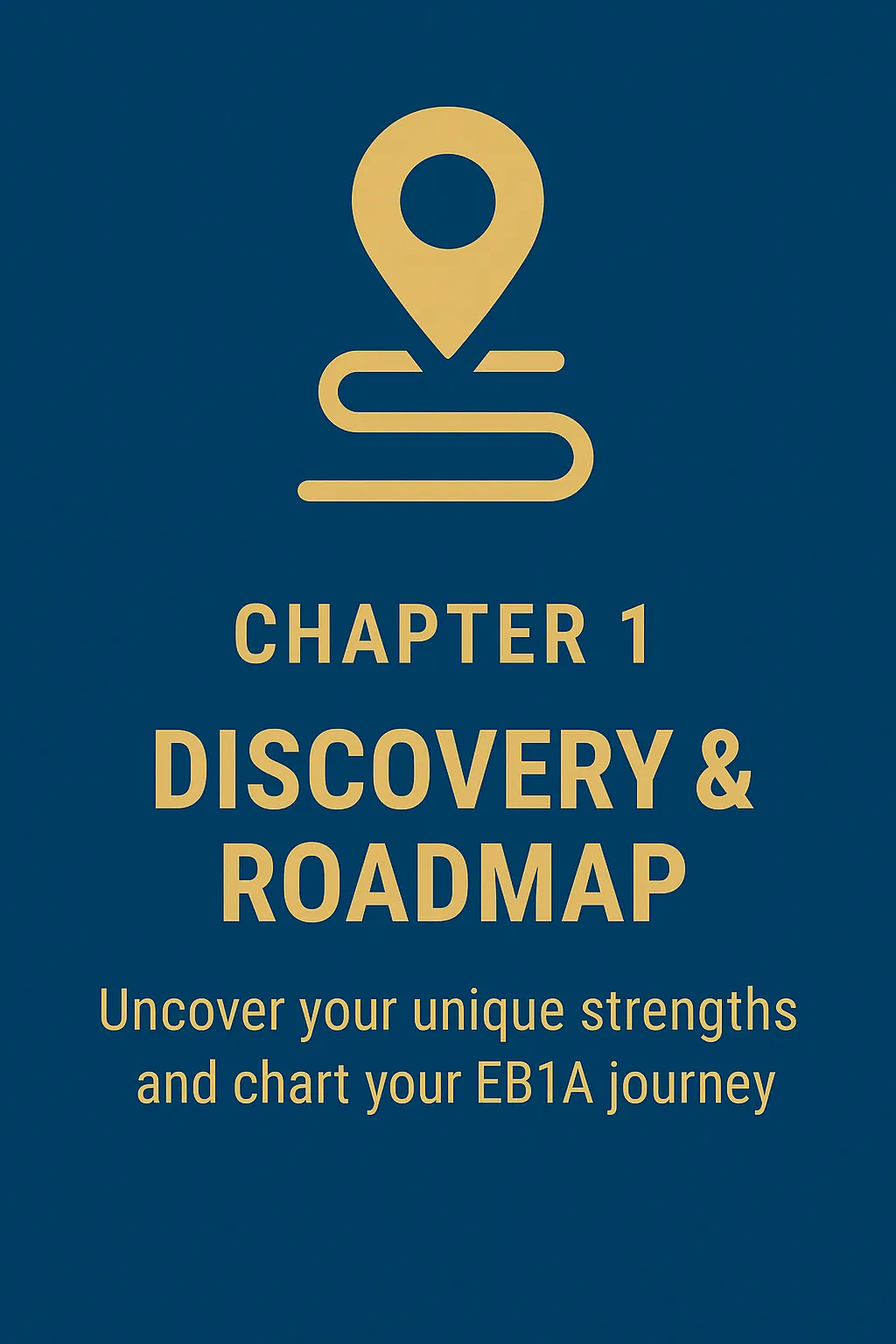
Discovery & Strategy:
Identify your unique strengths and
secure clarity on the optimal
EB‑1A plan.
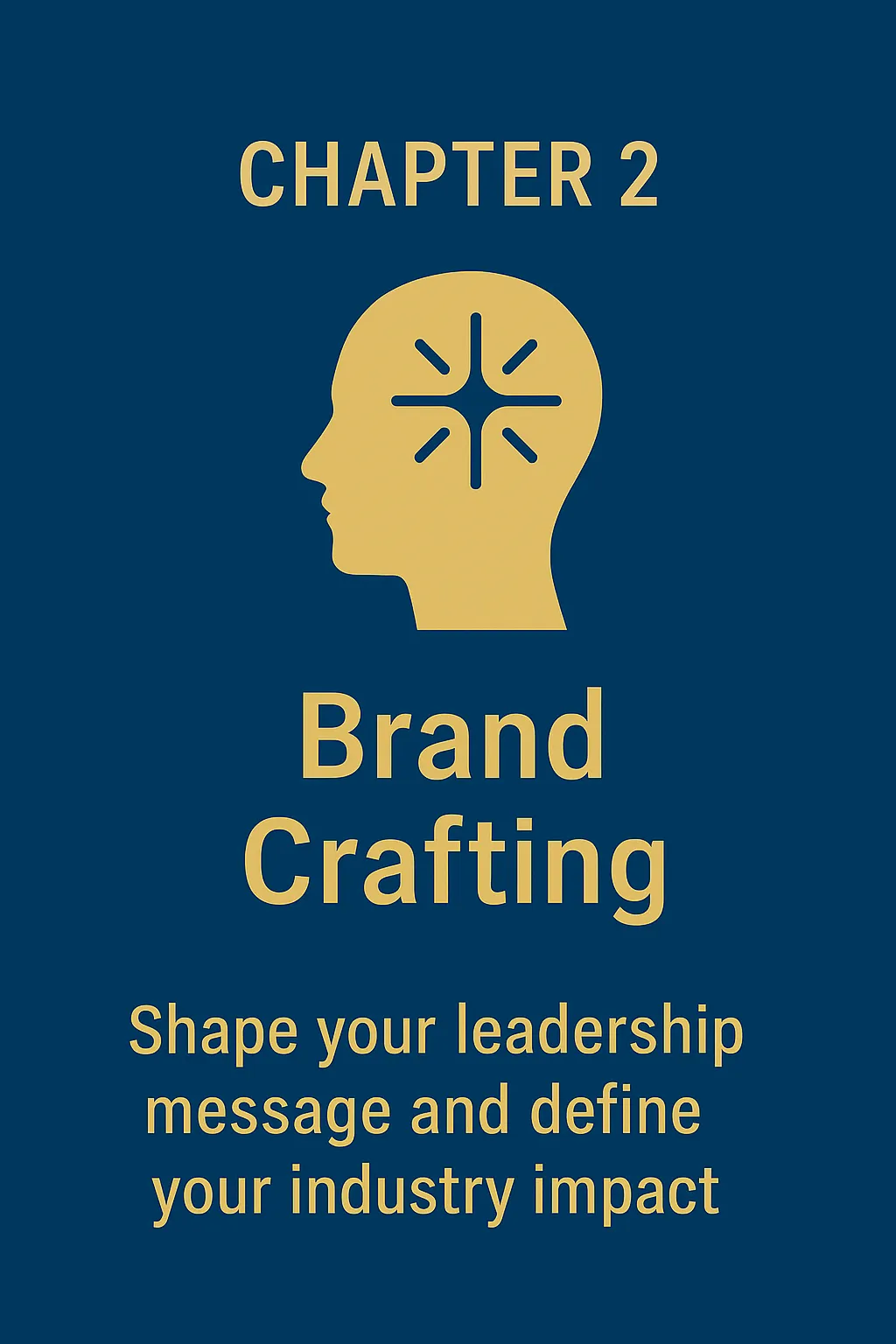
Brand Elevation:
Shape a leadership-level personal
brand that commands attention.
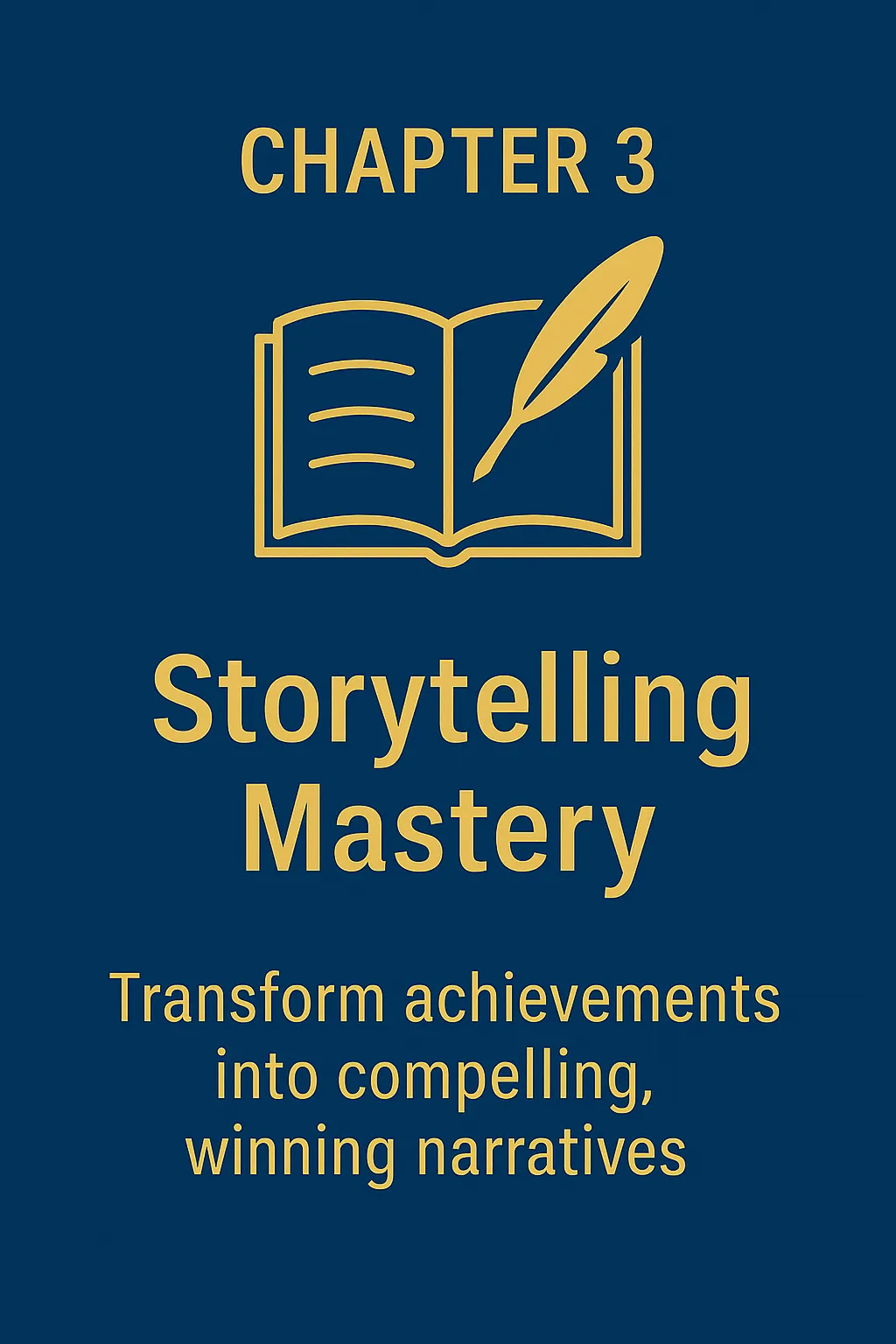
Narrative & Storytelling:
Convert achievements into persuasive,
high-impact EB‑1A narratives.
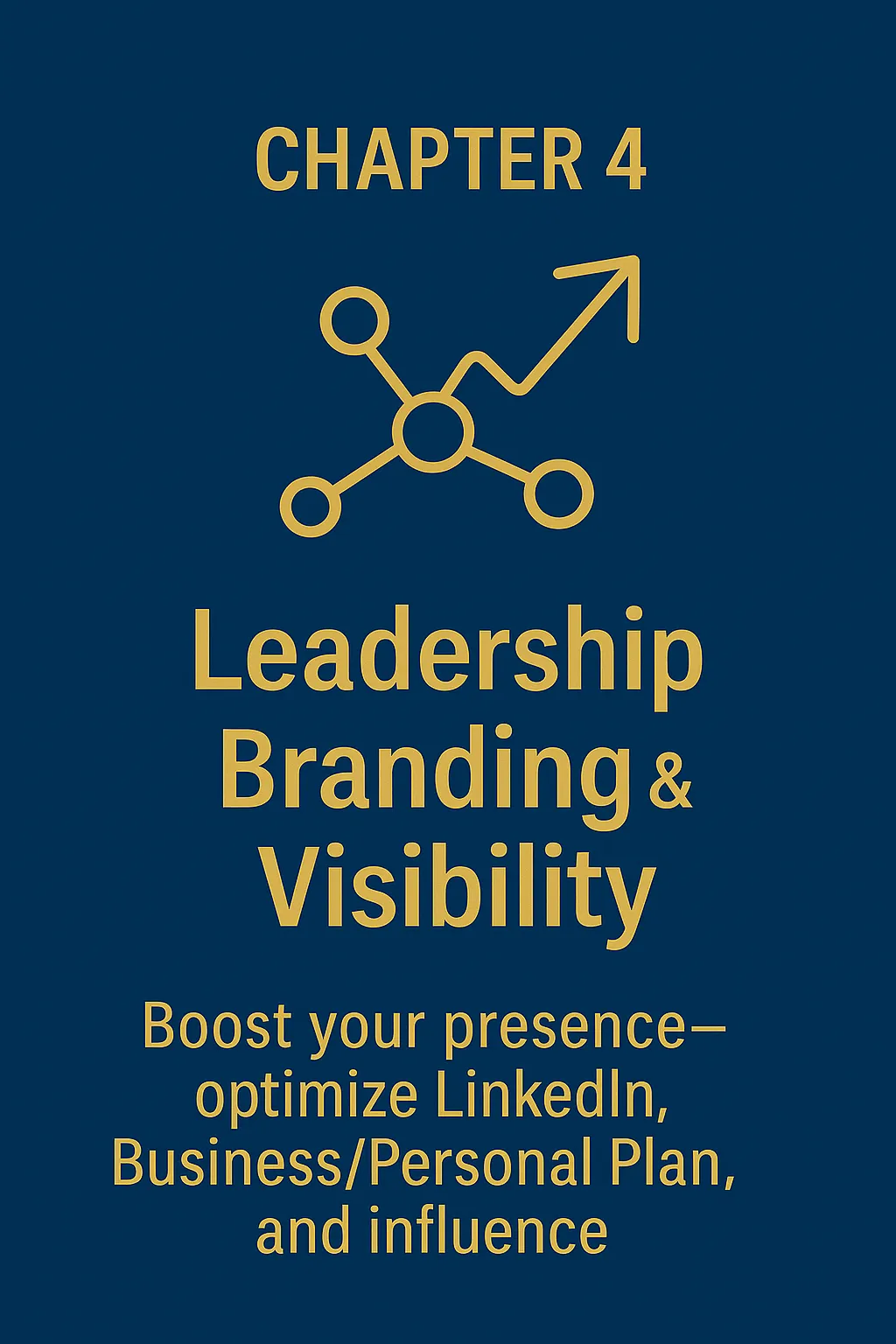
Executive Visibility:
Enhance LinkedIn, thought leadership,
and industry positioning.
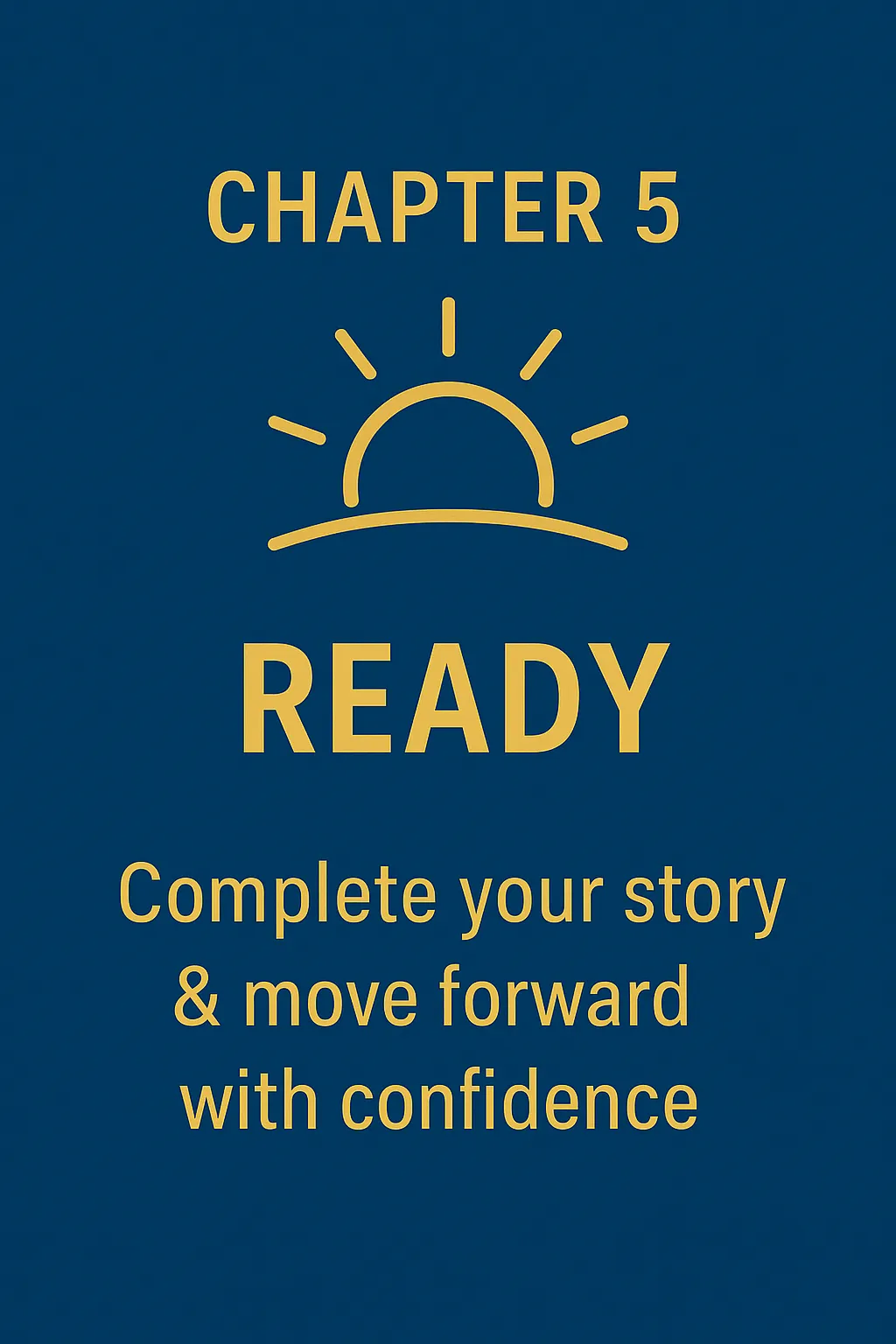
Finalization & Launch:
Polish your case materials and submit
with sharp confidence.
White‑Glove EB‑1A — Elite Program for Executives

E‑2 Treaty‑Investor Entrepreneur
You’ve built and scaled successful ventures, leading teams through every growth stage and turning bold ideas into real results. Now, it’s time to leverage your business impact into an EB‑1A petition, securing the permanence and strategic freedom your enterprise deserves.

O‑1 Talent or Founder
You’re recognized in your field—whether in tech, innovation, or entrepreneurship—and hold extraordinary ability credentials. To translate that status into permanent residency, you need a strategy-driven EB‑1A petition that reflects not just your talent, but your impact-focused vision and leadership potential.

L‑1 Executive Leader
As a dynamic executive transferred to the U.S., you’ve driven international operations and led teams across borders. With measurable success and global leadership credentials, you're poised to elevate this track record into a compelling EB‑1A case—transitioning from visa dependency to lasting executive presence in America.
Choose Your Path to Elite EB‑1A Support
Flexible, expert-led journeys designed for your real-world stage of success.
DISCOVERY Session
Perfect for executives seeking clarity and direction on their
EB‑1A strategy.
What’s included:
45-minute one-on-one session with Maria Boukhval
Deep review of your profile, achievements, and goals
Strategic roadmap to position your story for EB‑1A
When to book:
Ideal if you’re starting, exploring your EB‑1A eligibility, or planning your petition path.
Signature White‑Glove Program (3–6 Months)
A fully-supported, high-touch partnership for legacy-driven leaders.
What’s included:
8 dedicated strategy & document sessions
Custom AI-enhanced storytelling and brand positioning
Executive-level petition planning, drafting, and review
Meticulous submission-ready package
Flexible payment plans to suit your budget
Ideal for:
Founders and C‑suite leaders ready to commit to an elevated, 3–6 month EB‑1A process
Ready for a high-touch, strategy-driven partnership? Reserve your spot now.
Frequently Asked Questions
Please note: The information provided below is for general guidance only. For the most accurate and up-to-date requirements, procedures, and forms, always refer directly to the official U.S. Citizenship and Immigration Services (USCIS) website.
Question 1: What is the EB-1A visa?
The EB-1A visa is an employment-based, first-preference immigrant visa category for individuals who demonstrate "extraordinary ability" in the sciences, arts, education, business, or athletics. It provides a pathway to U.S. permanent residency.
Link to the USCIS website: https://www.uscis.gov/working-in-the-united-states/permanent-workers/employment-based-immigration-first-preference-eb-1.
Question 2: Who is the EB-1A visa specifically for?
It is for individuals who have achieved sustained national or international acclaim and whose achievements have been recognized in their field of expertise, indicating they are among the small percentage who have risen to the very top.
Question 3: What does "extraordinary ability" mean in the context of EB-1A?
"Extraordinary ability" signifies a level of expertise that places an individual at the very top of their field, as evidenced by sustained national or international acclaim. USCIS may even consult with independent experts to ascertain the truly extraordinary nature of the work.
Question 4: What are the two primary ways to qualify for an EB-1A visa?
Applicants can qualify by providing evidence of a one-time, major internationally recognized achievement (such as a Nobel Prize, Pulitzer, Oscar, or Olympic Medal), or by meeting at least three out of ten specific criteria established by USCIS.
Link to the criterion: https://www.uscis.gov/working-in-the-united-states/permanent-workers/employment-based-immigration-first-preference-eb-1.
Question 5: Do I need an employer to sponsor me for an EB-1A visa?
No, one of the key advantages of the EB-1A visa is that it allows for self-sponsorship, meaning an applicant does not require an employer to file the petition on their behalf.
Question 6: Is a Labor Certification (PERM) required for EB-1A?
No, the typically lengthy and complex Labor Certification (PERM) process is not required for EB-1A petitions, which can streamline the initial stages of the application.
Question 7: What are the 10 specific criteria USCIS uses to evaluate "extraordinary ability"?
The ten criteria are:
(1) Receipt of lesser nationally or internationally recognized prizes or awards for excellence;
(2) Membership in associations in the field which demand outstanding achievement of their members;
(3) Published material about you in professional or major trade publications or other major media;
(4) Participation, either individually or on a panel, as a judge of others’ works;
(5) Original scientific, scholarly, artistic, athletic, or business-related contributions of major significance;
(6) Authorship of scholarly articles in professional or major trade publications or other major media;
(7) Display of work at artistic exhibitions or showcases;
(8) Performance of a leading or critical role in distinguished organizations;
(9) Command of a high salary or other significantly high remuneration; and
(10) Commercial successes in the performing arts.
Question 8: Can you provide examples of evidence for "Receipt of lesser nationally or internationally recognized prizes or awards"?
Evidence should include documentation stating the criteria for receiving the award, the number of competitors, or a letter from the award committee. The award must be national or international in scope; student-level awards generally carry less weight.
Question 9: What kind of evidence is needed for "Published material about you in professional or major trade publications or other major media"?
This requires articles referring to your research or accomplishments in major news websites (e.g., CNN, Yahoo!) or professional news websites (e.g., ScienceDaily). Include the title, date, author, and any necessary translations. Media coverage of you judging a high-profile competition also counts.
Question 10: How can I demonstrate "Original scientific, scholarly, artistic, athletic, or business-related contributions of major significance"?
The most effective evidence includes recommendation letters from independent experts in your field who discuss using or being influenced by your contributions. Approved patents may also satisfy this criterion if they have demonstrably impacted the field (e.g., widely adopted, licensed, or commercialized).
Question 11: What evidence is considered strong for "Judging the Work of Others" and "Holding a Critical Role"?
For "Judging the Work of Others," strong evidence includes official invitations to review research articles or industry reports, letters confirming participation in award committees or judging panels, and records of involvement in evaluating grants or academic programs. For "Holding a Critical Role," strong documentation includes performance reports linking your work to company growth, press coverage highlighting your leadership, internal documents showing your influence on key initiatives, and letters from executives or clients detailing your specific impact.
Question 12: What are the main steps involved in the EB-1A petition process?
The key steps include:
(1) Determining your eligibility;
(2) Gathering extensive supporting evidence (typically 2 -4 months);
(3) Preparing and filing Form I-140, Petition for Alien Worker;
(4) Waiting for USCIS processing; and
(5) Receiving approval and your Green Card.
Question 13: How long does it typically take for USCIS to process the I-140 petition for EB-1A?
Standard processing times for Form I-140 can vary significantly by service center. As of 2024, the Nebraska Service Center averages 16.5 months, and the Texas Service Center averages 19 months.
Question 14: What is premium processing for the I-140, and what is its cost and guaranteed timeframe?
Premium processing is an optional service for the I-140 petition that guarantees a response from USCIS (either an approval or a Request for Evidence) within 15 business days for an additional fee of $2,805 as of today June 2025.
Question 15: How long does the I-485 Adjustment of Status application take, and can it be expedited?
As of 2024, the I-485 Adjustment of Status petition can take between 16 to 50 months to process. There is currently no option to expedite the I-485 application.
Question 16: What is concurrent filing for EB-1A, and when is it possible?
Concurrent filing allows for the simultaneous submission of both the I-140 petition and the I-485 application. This is possible if your priority date is "current," meaning a visa number is immediately available for your specific nationality, potentially speeding up the overall green card process.
Question 17: What happens if USCIS issues a Request for Evidence (RFE) during the process?
If USCIS issues an RFE, it means they require additional information to make a decision. You generally have 60-90 days to respond, and this provides an opportunity to strengthen your case by providing the requested documentation.
Question 18: What factors can influence the overall processing times for an EB-1A visa?
Processing times can be affected by the volume of applications, USCIS workload and staffing levels, country-specific quotas, and the accuracy and completeness of your application and supporting documents. Thorough preparation and quick responses to inquiries can help mitigate delays.
Question 19: What is the importance of quality over quantity when submitting evidence for EB-1A?
USCIS emphasizes that the strength and impact of the evidence are more important than simply meeting a certain number of categories. Building a case around well-documented, high-impact contributions to your field is the recommended approach.
Question 20: Is there a public database of failed EB-1A cases?
The U.S. Citizenship and Immigration Services (USCIS) website is the official source for all EB-1A visa information. While there isn't a specific "failed cases" database, USCIS does provide access to Administrative Appeals Office (AAO) non-precedent decisions. These decisions include cases that have been appealed, offering insights into how certain types of evidence and arguments were evaluated, which can be helpful for understanding potential challenges and successful strategies. You can access these decisions on the USCIS website.
Link to access AAO: https://www.uscis.gov/administrative-appeals/aao-decisions/aao-non-precedent-decisions.
© Copyright 2025. AiVass LLC. All rights reserved.
